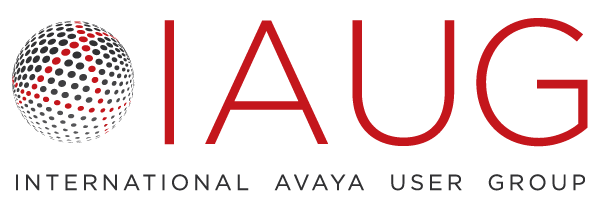
Adopting a growth mindset can help you succeed in the constantly changing technology sector. But it’s not always easy to change your mental beliefs, according to Sabine Gedeon, author, speaker and executive career strategist.
“Our subconscious wants to keep us safe and stay in familiar territory,” said Gedeon, who is the founder of SheLeads Network, host of the podcast She Leads Now, and author of “LeadHerShip Reloaded.” But once you recognize that’s what’s happening, you can overcome the fear of change and move forward in your life – both personally and professionally.
Gedeon spoke on “Growth Mindset vs. Fixed Mindset,” at an IAUG Women in Technology (WIT) December 5 webinar hosted by board member Mackenzi Eisman. She explained that mindsets are the perceptions and beliefs we have about ourselves that are typically formed early in life.
For instance, we might believe that work is supposed to be difficult, or that money is the most important reason to hold a job.
When a negative belief becomes a fixed mindset, it can be hard for individuals to move past that point in their careers, Gedeon said. “Many women, and men, talk themselves out of a promotion opportunity because their subconscious is saying, ‘I’m not qualified for this role.’ But we can always change our beliefs – once we recognize how they are driving our emotions and our thinking.”
Gedeon emphasized that a growth mindset is not always better than a fixed mental picture. “We all operate with both mindsets, depending on the situation,” she said. For instance, you might be willing to take a chance on a new professional role in your organization, while striving to maintain stability in your family. “They key is to ask yourself: is this mindset serving me or not?”
Be willing to take risks
When faced with a new technology like chatGPT, it’s natural for professionals to feel uncertain about the impact, Gedeon said. But if you adopt a growth mindset, you can look at it as an opportunity as well. “You may still experience fear and doubt, but think about what you can learn, despite the risks and challenges,” she said.
Gedeon also emphasized the importance of rethinking the concept of failure. In childhood, doing poorly in school was bad, and many people still have that fixed mindset. But in an organizational setting, failure can be integrated into a growth mindset. Think about inventors like Thomas Edison, who had dozens of failures for every success, she added. When something isn’t working for you, just go ahead and try another way.
Gedeon also challenged IT leaders to support that growth mindset in their teams – particularly when training and providing support to younger professionals. “It really starts with us to try something new, and keep moving forward,” she said. “Once we have control of that pulse, we can communicate our work and results to senior leadership, and influence them based on our own behaviors.”
When looking at corporate culture, Miguel Angel Del Real Huerta, project manager, Scrum Master in Mexico City, agreed with Gedeon on the importance of moving beyond “punishment thinking” to support the concept of “failing faster to grow faster.”
Picking up on that thought, Marilyn Shuck, a past IAUG president and company evangelist for Gage Technologies, suggested a positive approach when working with colleagues and team members. “If someone says to you, ‘I made a mistake,’ ask about the barriers that got in the way and see what that person might have learned,” Shuck said. “And if you are the one who made a mistake, don’t beat yourself up. Learn from it and move on in a way that supports your own growth and development.”

Headquartered in Frisco, Texas, INEMSOFT is a software development company specializing in unified communications, enterprise applications and mission-critical solutions. An Avaya DevConnect Technology Partner since 2001, iNEMSOFT has deployed its software technology to many of Avaya’s largest North American customers, including Class I and II railroads, commercial airlines, public safety and other government agencies, universities, utilities, healthcare and financial institutions.

IAUG offers Avaya support, education, and community. Interested in contributing to a blog? Learn more here.